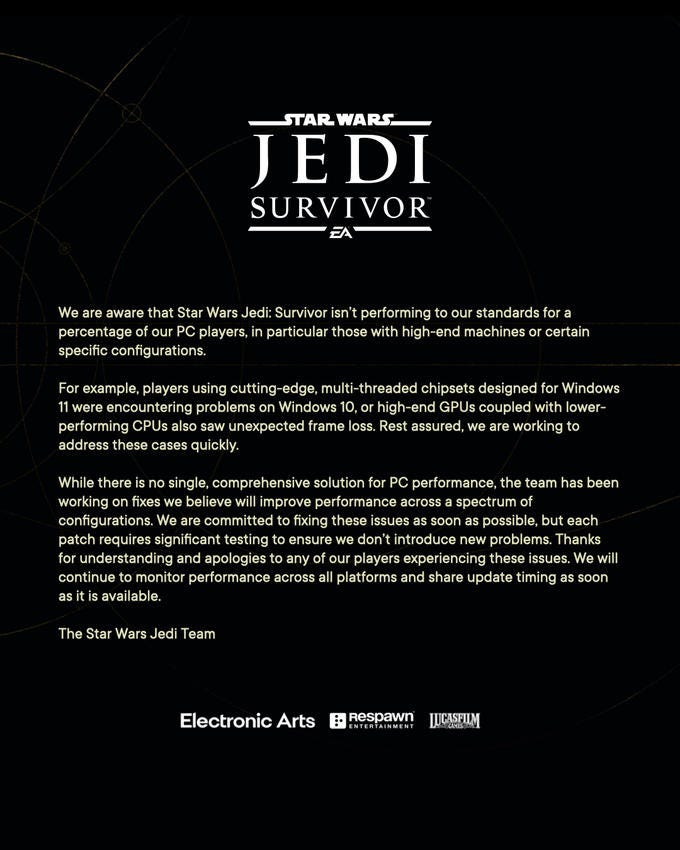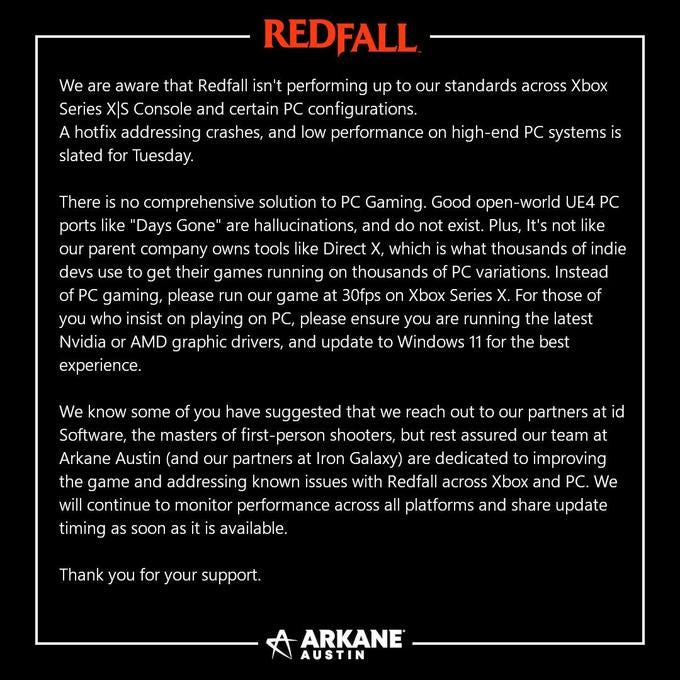The Most Important Article On Selling Indie Games Ever!
Please don't pee in the pool I'm swimming in.

I have a tendency to get really wordy with these posts, so I'll say the good bits first and let you get on with your day.
I've been writing indie games for a living for 30 years now and so have been shipping them continuously for longer, as far as I know, than anybody else, ever. Along the way, I've learned a thing or two about a thing or two.
Here are the most timeless, fundamental things to know about this business (and any business as a small indie making music, books, and so on):
It is an incredibly challenging, competitive business. Success is very rare, and ruin is always one bad decision away.
We sell products that are often very easy to pirate and there is always extremely high-quality competition available for FREE. (If you want to make a living selling indie games, my first question is always, "Can you compete with FREE?")
Anyone who actually gives you their hard-earned money doesn't have to. Therefore, this person is a treasure and must be valued.
Our greatest weapon is that fact that people like us and want us to succeed. The small, independent creator, tinkering away in the garage, is an incredibly powerful archetype to tap into.
If you are an indie developer and act in a publicly obnoxious and insulting way towards our precious, precious customers (or worse, defraud them), you're not just hurting yourself, but you're hurting all indie developers.
Don't do that.
There. That was is. Quick, clean, and easy. Plus, true. Please feel free to return to your Normal Internet Business. (Which, the way things have been going lately, means caring about what is happening on Twitter way too much.)

But There Is Room To Elaborate
In a situation I find intensely illustrative, several games this year tanked their releases and felt the need to publicly apologize. If getting a bad game is a concern to you as a customer, here is a way to solve 90% of your problems: NEVER, EVER PRE-ORDER GAMES.
(Also, wait for user reviews of games. Never trust professional reviews of AAA games. Never trust anyone. Move into a bunker with 5 tons of dried rations and only play Space Invaders until time ends.)
But whatever. Promising products fail. Stuff happens. Many a slip betwixt cup and lip.
Then I saw some popular threads on Twitter. They were written by professional indie game developers who should know better. They took the side of the apologizing developers against those stupid, entitled, bad, evil Gamer Dudez (tm). You know. People who DARE to want a functioning, entertaining game for their hard-earned dollars. (I’m not linking to these threads because I don’t like internet dog-piling. Just please take my work for it that this actually happened.)
Worse, the threads were responded to by other indie developers (who also should know better), echoing these sentiments.
First, Twitter is the worst medium for human communication in the history of human communication. It is a medium designed not to encourage thoughtful interaction but to actively prevent it. (Exercise: How does "The medium is the message." apply to Twitter? )
While Twitter is terrible, it is also influential. People pay attention to what happens there. Young developers. The press. OUR CUSTOMERS. So when you hang your bare ass out the window at the people who are giving me money, well, you're pissing in my pool.
Don't do that.

A Few More Key Concepts To Remember
1. I believe a successful life in art needs, in some way, to come from love. You need a passion to make people happy to power you through the hard times. (There are always hard times.) If you have hatred or contempt for your customers, you're not gonna make it.
2. It is now standard to dismiss Evul Gamuhr Broz (tm) as "Entitled." My friends, gamers are the LEAST entitled fans in existence.
They will pay billions of dollars a year to FREE games like Fortnite and League of Legends for COSMETICS. Every year, a half dozen AAA games make enormous fortunes despite being barely functional. Hell, the fact that anyone in the world ever pre-orders a game even once shows that our customers trust us more than we deserve.
3. Most of your customers don't have a lot of money. Times are tight, folks, and getting tighter. I have started to feel that some of my indie game colleagues are becoming a touch, I don't know, sheltered? Most people aren't sitting on excess money right now.
My most precious fan mail comes from kids who worked hard and did chores and saved up to buy my games. Believe me, there are people out there who are scraping by, but they still manage to scrape together a few dollars to send you because they love you and want to support you. Believe me, they didn't have to pay you.
I try to smile and keep an even temper, but when I see my fellow developers say IN PUBLIC, "You're unhappy because you paid 40 bucks for a 2 hour game? HOW DARE YOU!?” I see red.
My friend, outside the big coastal cities, $40 US is real money. It’s groceries. They don’t have to spend their limited cash on games, at all. Plan accordingly.
4. Anything that comforts and reassures customers, like user reviews and refunds, is a good, good thing. Yes, there can be problems. The systems can be abused. Don't let the perfect be the enemy of the good. The benefits of customer happiness far outweigh the drawbacks.
It is infuriating when a review system is abused to hurt a developer. However, the vast majority of the time, when a game gets bad reviews (including mine), they are deserved.
5. I beg you, don't rip people off with your Kickstarter. Some of us really need that platform to stay in business. And if you can't finish your Kickstarter game? It happens, but at least apologize. Pretty please?

And That Is All You Need To Know
Never hurt innocent people in your rage at bad actors. If an anti-piracy system keeps one legit owner from playing their game, it was a bad system. If online reviews help people feel safe buying our shoddy wares, it’s a good system.
Remember, we make amusements. We produce happiness. We’re toymakers. So empathize with your fans. Put yourself in their shoes. You aren't Shakespeare, and you aren't working on the cure for cancer. So be kind and nice to people.
Anyway, I gotta go. This year's 40000th clone of Vampire Survivors just dropped, and I have to buy and savor it.
Subscribing is free, and you get all these in your in-box. Paying doesn’t get you anything extra, but the handful of people who do pay really inspire me to keep writing these.
Spiderweb Software makes fun role-playing games and also has a mailing list and a Twitter and a Facebook if you want to learn when we do something big.



This is a great post.
Without getting too far into the weeds here, I believe that anyone who has sincerely, dispassionately paid attention to Discourse About Video Games And Those Who Enjoy Playing Them over the past decade and a half should realize that at one point there was a bit of a concerted effort to "kill" "gamers". "Gamers" took said effort to kill their self-identification very personally, but missed the reason for why it happened:
AAA games got very expensive to make, and publishers wanted to increase their games' target demographic to be greater than just self-identified "gamers", so as to sell more units, so as to be able to continue to make bigger, more expensive-to-make games, in an increasingly diluted marketplace where it's no longer a foregone conclusion that big, expensive-to-make AAA releases are guaranteed to sell a bajillion units, as they were more prone to do in the Old Days.
That's it, that's the whole reason why that all happened. Everything else involving overemotional platitudes about "feminism" et al., "gamers are dead", the ongoing "culture war" (as it pertains to video games)—all of that stuff is all downstream of this stark, inescapable business reality.
There's much more nuance to the situation than I'm outlining here, of course, but this is the basic gist of how we got to the point where indie developers think it's a good idea to shit on their own customer base, to proverbially pee in the proverbial pool they and their fellow indie developers are proverbially swimming in: they saw what The Cool Kids (AAA, "journalists") were doing, and they got caught up in the overemotional rhetoric being spewed, without realizing that none of it has anything to do with them and the sorts of games *they* make—completely unaware that they were being conscripted as soldiers to fight a war against their own self-interests, on behalf of ever-consolidating megacorporations that are *directly competing against* them in the marketplace!
This is what happens when one confuses Like and Retweet integers as being a useful, viable heuristic for not just Truth (lol (lmao even)), but also Alignment With One's Own Self-Interest. Just because something *feels* *emotionally* good to post online, doesn't mean it's a good idea to do so—even if the phone in your pocket is buzzing nonstop with Engagement Vibrations.
Weird as it sounds, gaming is a service industry (which is why a decent chunk of your advice for small indie game developers is directly applicable to small legal practice).
There are many service industries where people forget it's a service and start feeling entitled to the customers. It always ends badly, it's just who gets fucked over: the deserving, the undeserving, or both.